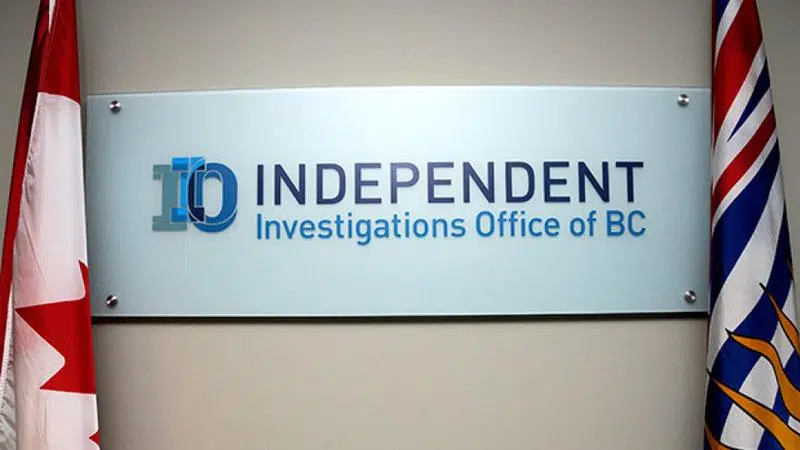
B.C. AG says proposed changes to IIO necessary, but go against civilian mandate
KAMLOOPS — BC’s Attorney General says changes to the Independent Investigations Office (IIO) he tabled this week go against the spirit of the IIO’s creation.
But David Eby adds the temporary changes are needed to address a recruiting shortfall for the agency that investigates incidents in which the actions of police officers result in death or serious injury.
In the B.C. Legislature this week, Eby proposed changes that would relax a rule that prevented the IIO from hiring any investigators who were within five years of their departure from active policing in B.C.


